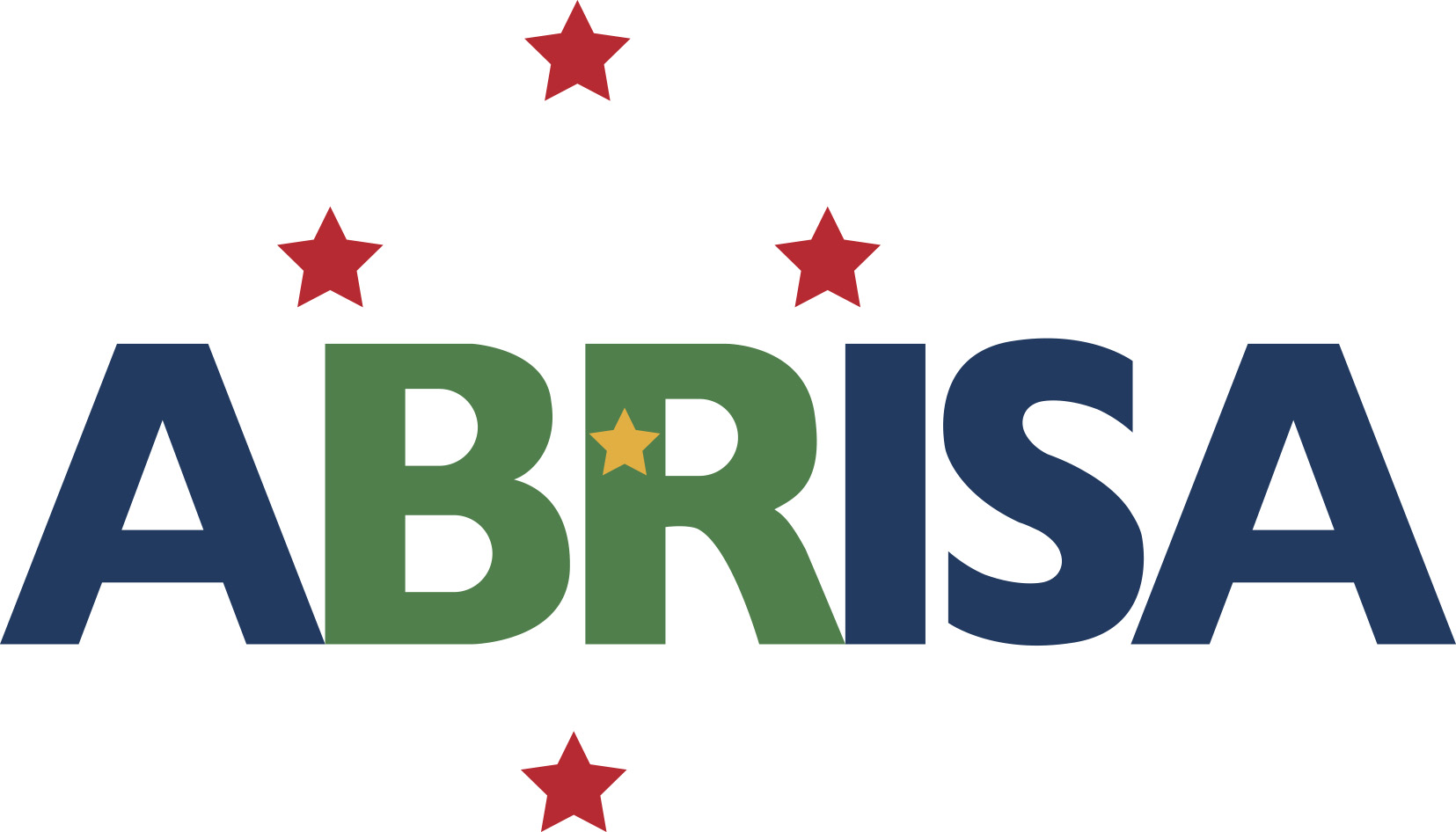My Age Program Overview
Overview
Since the sixties, Australia has become a major destination for Latin American migrants. Some had no choice to migrate due to political reasons, others for the dream of a better life or others who took the life changing opportunity when it presented itself. For each first-generation, the migration event can be a family or a solo journey. Whichever way it happens, the journey is unique, sometimes with perils or with plenty of joy to share. Over the past 29 years, observing first generation migration there are a some important realities about this journey:
- Whether solo or with family, an old life is left behind and a new one starts, sometimes with “borrowed” friends, uncle, aunties, brothers and sisters via community connectivity;
- Some of us set sail in the journey well equipped to face the many challenges, others less so and, at times, bleeding in isolation, loneliness and longing;
- For others, they may change their sailing direction and return home. For the majority who stay, they face challenges, obstacles, may go off course and continue our sailing as we transition the many “ports” in our settlement process. Each port enhances our experience in being a first generation migrant and calling Australia home;
- However, as we set sail early in our journey, the thought of life as senior citizens in a new home is unlikely to have been part of the decision-making process.
So why is a first generation migrant different from the many different generations who have been living in Australia in our senior years? What are the challenges we face? A recent report (Exploring Sustainable Business Models for Victorian Ethnic & Multicultural Aged Care) from the Ethnic Communities Council of Victoria (ECCV) details some of the key issues we face in being ethnic citizens:
- Language barriers;
- Lack of understanding and connectivity with the services available and how to reach them;
- Inability to communicate with their own children;
- Feeling lonely, isolated and increasingly frail;
- Lack of quality of mainstream services experiencing the worst when unable to communicate with workers within the facility.
In reading the report, it became clear that with the number of ethnic communities in Victoria (greater than 200) it is not realistic to expect that government or private providers will be able to customize services that can fully cater for the diversity and removing the many challenges outlined above and in particular, for the minority migrant groups.
With that in mind, ABRISA joined forces with other Latin American groups to create a program to investigate and support the delivery of quality of care as defined by its community. The program will have the following several phases of delivery due to the limitation of funding and resources:
Foundation Phase (Research/information/education/recommendation)
- Who we are, where we are and the challenges we face;
- Creation of a Portal (Language/Ethnicity/Specific);
- Investigate other media, subject to ethnicity requirements and community member limitations.
Service Delivery Phase (Research/information/Education)
Implementation of a program to identify service delivery that capitalises on existing quality service infrastructure and/or support the creation of differentiated services that support the Latin community in the following areas:
- Research on service availability (general and CALD communities);
- Through the research, establish:
- Availability of services (ethnic and general);
- Ethnic overlay – service provider discussions;
- Adequacy of services evaluation (CALD context).
- Focus Groups discussion on needs for the following key areas:
- Physical health;
- Mental health;
- Wellbeing activities;
- Information (GVT funding, entitlements, etc.);
- Financial;
- Education;
- Housekeeping support;
- Disability support;
- Respite care;
- Palliative care.
Such services might be provided in partnership with organizations that can best support each Ethnic community. To the extent possible, the Latin Community will work together in engaging with the specific service providers.
Support and Improvement
On-going dedicated support that can continue to:
- Assess service delivery and provide feedback;
- Engage with the senior community to ensure their best care.
The program aims to be a collective effort with representatives of each Latin American ethnicity and most important reaching out to the Senior Citizens as focus groups so they can provide input to a dignified and quality of care for the future.
Such program is an on-going effort that we hope can be built and improved by current and future first migrant generations from Latin America.
Program Alignment with the Australian Government Aged Care Principles:
- INCLUSION – The needs of older people from CALD backgrounds, their families and carers are included in the development of Australian Government ageing and aged care policies and programs on an ongoing basis;
- EMPOWERMENT – Older people from CALD backgrounds, their families and carers are fully informed (native language) and supported and have the knowledge and confidence to maximise their use of the aged care system;
- QUALITY – Care and support services are appropriate to the needs of older people from CALD backgrounds, their families and carers and are assessed accordingly;
- CAPACITY BUILDING – Individuals from CALD backgrounds and CALD communities have the capacity to both articulate their ageing and aged care needs and be involved in the development of services and the workforce to meet these needs.
